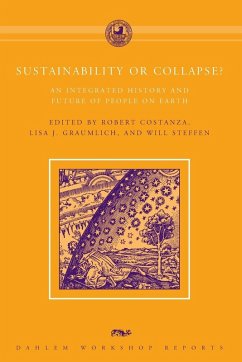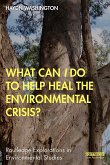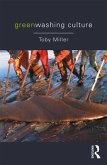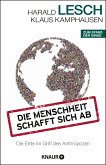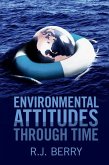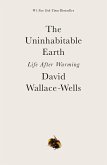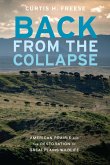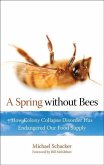Scholars from a range of disciplines develop an integrated human and environmental history over millennial, centennial, and decadal time scales and make projections for the future. Human history, as written traditionally, leaves out the important ecological and climate context of historical events. But the capability to integrate the history of human beings with the natural history of the Earth now exists, and we are finding that human-environmental systems are intimately linked in ways we are only beginning to appreciate. In Sustainability or Collapse?, researchers from a range of scholarly disciplines develop an integrated human and environmental history over millennial, centennial, and decadal time scales and make projections for the future. The contributors focus on the human-environment interactions that have shaped historical forces since ancient times and discuss such key methodological issues as data quality. Topics highlighted include the political ecology of the Mayans; the effect of climate on the Roman Empire; the "revolutionary weather" of El Niño from 1788 to 1795; twentieth-century social, economic, and political forces in environmental change; scenarios for the future; and the accuracy of such past forecasts as The Limits to Growth.
Hinweis: Dieser Artikel kann nur an eine deutsche Lieferadresse ausgeliefert werden.
Hinweis: Dieser Artikel kann nur an eine deutsche Lieferadresse ausgeliefert werden.

